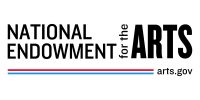WORKSHOPS
UPCOMING WORKSHOPS


Webinar - Bridging Policy and Community: A Case Study in Resilient Preservation Governance
February 12, 2026
1 p.m. - 2 p.m.Speaker:
Cheryl Donaldson
PhD Student
University of Texas at Arlington – College of Architecture, Planning & Public Affairs
This case study examines how the City of Arlington, Texas advances historic preservation through coordinated action among its Planning Department, Landmark Preservation Commission (LPC), and City Council. Drawing from recent LPC meeting minutes and city planning processes, the session highlights the collaborative effort to establish a Landmark Preservation Overlay for Knapp Heritage Park.
By tracing the process from commission discussion to policy recommendation, this session highlights how governance structures, staff expertise, and elected officials intersect to shape preservation outcomes. Participants will explore how public engagement, transparency, and interdepartmental coordination strengthen resilience in local preservation practice.
Key themes include navigating intergovernmental roles, addressing community participation, and aligning preservation initiatives with broader city planning goals. Attendees will leave with transferable lessons on how local commissions, staff, and governing bodies can collaborate effectively to sustain heritage sites as community assets.
This session provides practical insights into both governance and engagement, offering models that can be adapted by municipalities, preservation professionals, and community organizations seeking to build more resilient preservation frameworks.
Although drawn from Arlington, Texas, these examples illustrate strategies that can be readily adapted to Michigan communities, offering practical insights for building resilience and expanding preservation capacity across diverse contexts.
- Describe how Arlington’s Planning Department, LPC, and City Council coordinate on historic preservation initiatives.
- Analyze the role of public records and meeting minutes in ensuring transparency and accountability in preservation governance.
- Identify practical strategies for aligning community engagement with formal preservation policy.
- Apply lessons from Arlington’s case study to strengthen resilience and collaboration in other local preservation contexts.
For more information, please call us at 517.371.8080
or e-mail us at Info@mhpn.org
